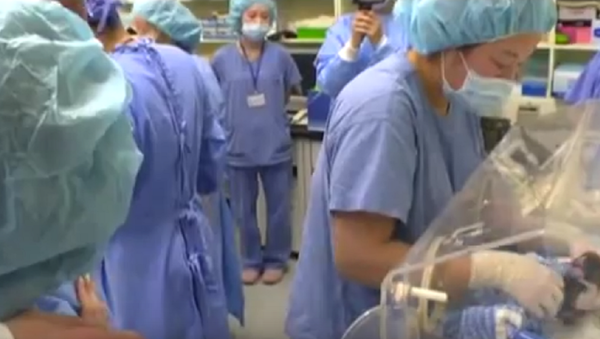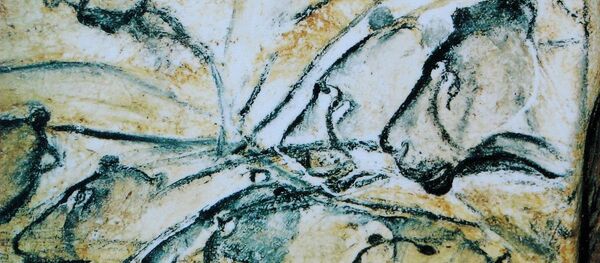The story prompted unbelievable public outrage as the canine was recreated from the DNA of Remde's old boxer Dylan which died 12 days before the successful samples were taken. Usually, the cloning procedure requires samples from a living or just recently deceased dog.
The 8-year-old Dylan died of a heart attack caused by an inoperable brain tumor a half year ago.
While wallowing in her sorrow, Jacques, 29, watched a documentary movie about Rebecca Smith who cloned her dog. Jacques immediately shared the story with her partner saying that could be a way for them to have Dylan around again.
"I didn't know how I would be able to cope [without Dylan]," Jacques told the UK's Telegraph. "I thought I would have to throw myself off a bridge or something."
That prompted 43-year-old Remde to, the very next day, go to South Korea, where he handed over Dylan's DNA samples to Sooam labs, widely known for successfully cloning 700 dogs.
The high hopes for reunification were dashed when it didn't work out the first time but they didn't give up and travelled once again with a biopsy from the dog's abdomen.
"This is the first case we have had where cells have been taken from a dead dog after a very long time," David Kim, a scientist at Sooam, told The Guardian. "Hopefully it will allow us to extend the time after death that we can take cells for cloning."
Dylan's DNA gave "birth" two little ones. Chance was cloned by one surrogate on Friday, while the second surrogate is still pregnant with the second pup, Shadow, which the couple also plans to adopt, adding to their four dogs and 11 other animals.
"It is a controversial topic and there will be people who don't agree with it but there will be loads of people that would love to be able to do it," said Jacques.
When Chance joined his new family, Jacques couldn't help but talk about the pup's resemblance with Dylan.
"I can't believe how much he looks like Dylan," added Jacques. "All the colorings and patterns on his body are in exactly the same places as Dylan had them."
Dylan's remains have still been kept in the animal-loving couple's freezer at their house in Skipton as they plan to bury them in a newly renovated garden.
'I would do anything to see his face again': on cloning Dylan the boxer https://t.co/v73c0Guw9a
— Guardian Science (@guardianscience) December 26, 2015
The standard cloning of a pet requires a sample from the abdomen or cheek that is transmitted into a culture with the animal's DNA and then put in a surrogate dog's unfertilized eggs. Nine weeks later you have a little clone.



